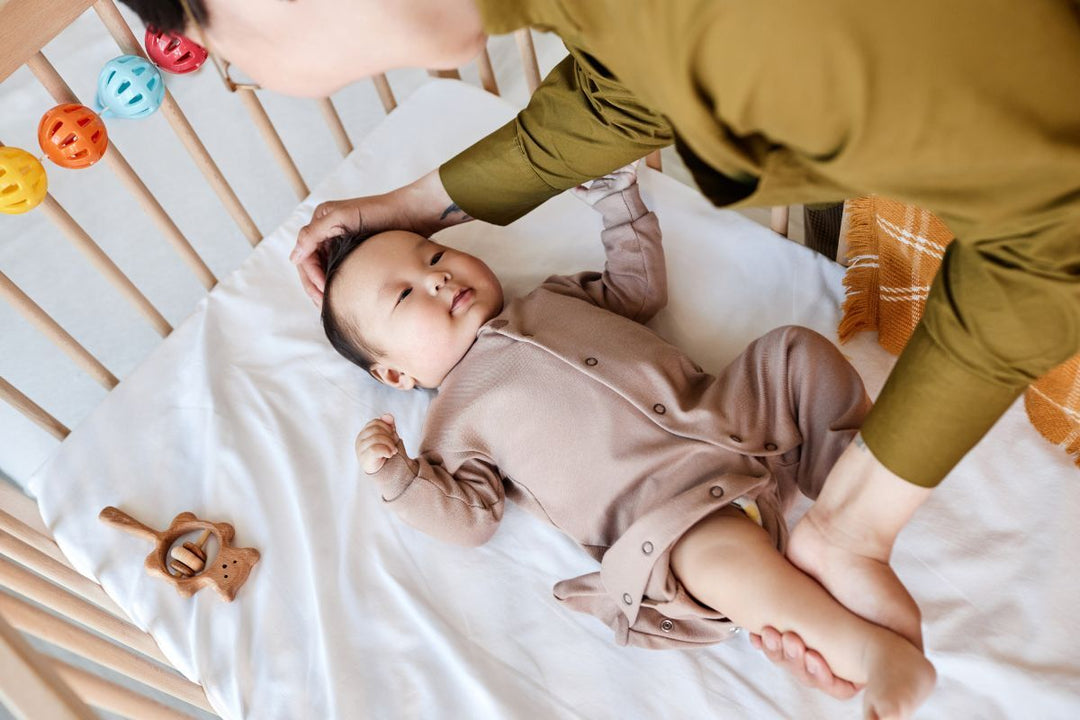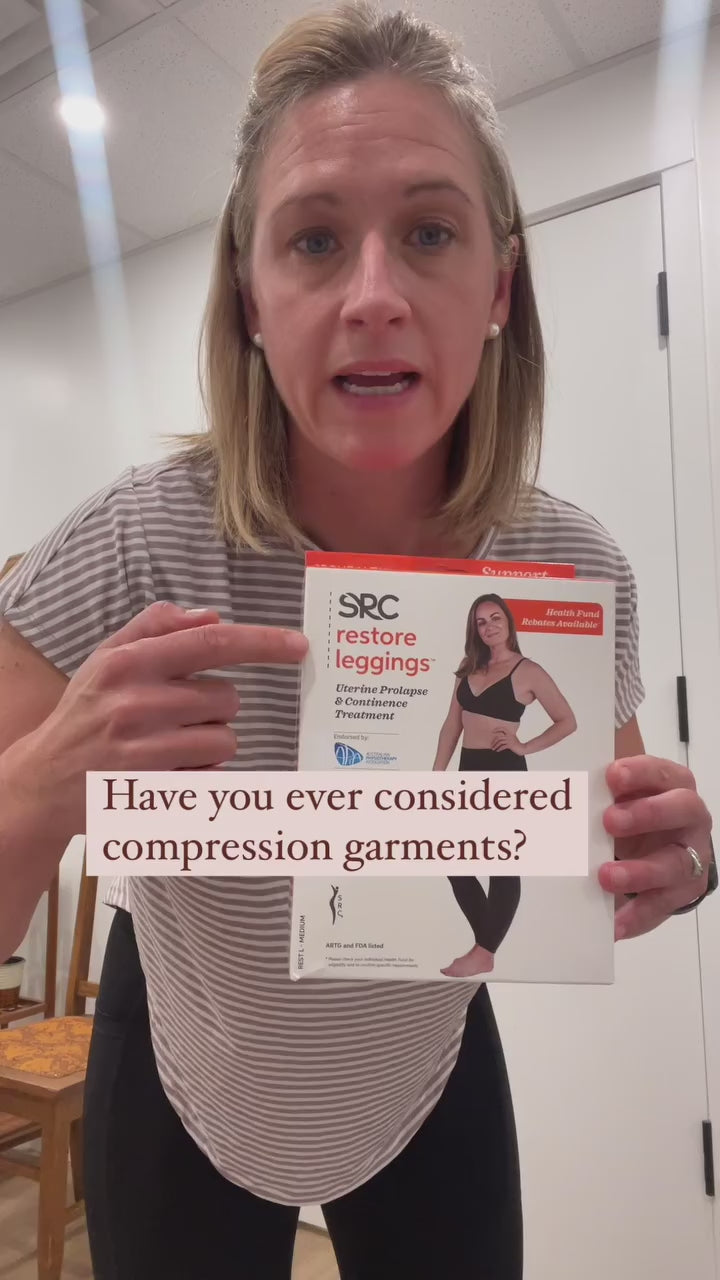Approximate Reading Time: 6 minutes
Sometimes pregnancy back pain and other complication arise — even in healthy women. Some prenatal tests done during pregnancy may help prevent these problems or spot them early.
Most references on pregnancy complications don’t mention pregnancy back pain complication, yet it is one with potentially serious consequences which we will cover off a little later in the article. In the meantime, here is a list of potential pregnancy complications, by no means definitive, that you should check out as early as you experience the symptoms described here. Don’t forget to trust yourself, if you think something doesn’t “feel right” see your doctor, it’s better to be safe than sorry and to allay any fears and unnecessary stress.
Hyperemesis Gravidarum
Many women suffer from "morning sickness" - nausea or vomiting, especially during the first 3 months of pregnancy. The cause during pregnancy is believed to be rapidly rising blood levels of a hormone called HCG (human chorionic gonadotropin), which is released by the placenta. Hyperemesis gravidarum occurs when there is severe, persistent nausea and vomiting during pregnancy—more extreme than the usual "morning sickness." This can lead to weight loss and dehydration and may require intensive treatment. Both complimentary medicine and pharmacological solutions are available.
Obesity and Weight Gain
Latest research suggests you don’t need to “eat for two”, during pregnancy. You do need extra calories from nutrient-rich foods to help your baby grow, but you generally only need to consume 200 extra calories a day than you did before you became pregnant to meet the needs of your growing baby. You can read more about healthy weight gain here: https://www.webmd.boots.com/pregnancy/guide/healthy-weight-gain-pregnancy
Overweight and obese women who lose weight before pregnancy are likely to have healthier pregnancies. You can read more about exercise and staying healthy during pregnancy here https://www.srchealth.com/blog/top-5-exercises-during-pregnancy-regardless-of-your-fitness-level/
Urinary Tract Infections
A Urinary Tract Infection is a bacterial infection in the urinary tract and may exhibit the following symptoms:
- Constant tiredness
- Pain or burning when urinating
- Common urges to urinate even though you have just emptied your bladder
- High Temperature
- Getting the shakes
- Urine that smells bad / unusual or looks cloudy or has a red tinge
- Nausea
- Back pain
If you have these symptoms see your health care professional and get your urine tested. Antibiotics should kill the infection and alleviate symptoms often in as fast as a couple of days and you can discuss steps to take to stop the urinary tract infection from returning.
Anemia
Anemia is a condition that makes pregnant women feel tired and weak due to a lower than the normal number of healthy red blood cells. Taking iron and folic acid supplements maybe a simple solution and your health care provider should be checking your iron levels throughout your pregnancy.
Hypertension (High Blood Pressure)
High blood pressure before and/or during pregnancy puts you and your baby at an unnecessary risk.
It can lead to a number of other serious complications such as preeclampsia (another high blood pressure condition), placental abruption (when the placenta separates from the wall of the uterus), and gestational diabetes.
You also face a higher risk of a premature delivery, giving birth to a baby that is underweight and consequential complications for the child.
Best option is to discuss blood pressure problems with your doctor and get your blood pressure to a healthy level before your pregnancy, as well as getting treatment for high blood pressure during and after pregnancy.
Depression and Anxiety During or After Pregnancy
Symptoms include:
- Constant sadness
- Loss of interest in fun activities
- Changes in appetite, sleep, and energy levels
- Problems concentrating and making decisions
- Feelings of guilt, worthlessness and shame
- Thoughts that life is not worth living
When many of these symptoms occur together and last for more than a week or two at a time, they need to be addressed. Anxiety and depression is common, has many faces and does not discriminate, it can affect anyone and have devastating consequences for individuals and families if left undiagnosed.
Depression that persists during pregnancy can make it hard for a woman to care for herself and her unborn baby. Having depression before pregnancy also is a risk factor for postpartum depression. Getting treatment is important for both mother and baby. If you have a history of depression, it is important to discuss this with your health care professional early in pregnancy so that a plan for management can be made. If you or someone you know is struggling with perinatal anxiety and depression, please seek assistance by visiting PANDA– Perinatal Anxiety & Depression Australia or calling the National Helpline 1300 726 306.
Gestational Diabetes
Gestational Diabetes during pregnancy can lead to pregnancy complications. It is when your body cannot effectively process sugars and carbohydrates, leading to high sugar levels in your blood stream. Most women with Gestational Diabetes can control their blood sugar levels by following a healthy meal plan from their health care professional and getting regular physical exercise. Some women may need insulin to keep blood sugar levels under control which is important because uncontrolled diabetes increases the risk of:
- Having a baby born with low blood sugar, problems breathing, and jaundice
- Premature delivery
- C-Section
- Gestational Diabetes will usually resolve after pregnancy, however women who have it face a higher risk of developing diabetes in the future.
Back pain is synonymous with pregnancy.
Over 70% of women complain of backaches and pains, particularly during the second and third trimesters of their pregnancy1
What causes Pregnancy Back Pain?
- Ligament softening hormones like relaxin cause your joints to move more than usual, causing extra strain on your back and hips.
- Postural problems caused by your growing uterus and stretched abdominal muscles that restrict you from being able to maintain proper alignment.
- Your baby's weight causes your lower back to sway as your center of gravity moves forward making back muscles short, tight, and painful.
- Position of your baby (particularly towards the end of pregnancy) can compress nerves and cause back pain.
- Due to your baby's ever-increasing weight, pregnancy back pain is often worse in the later stages of pregnancy, as your baby grows heavier.
Pregnancy Back Pain Solutions
There are things you can do to get some relief. Here are some pregnancy back pain solutions that can make your pregnancy journey a lot more enjoyable or at very least bearable.
Massage can be heavenly when you're suffering from pregnancy back pain, SI joint pain or anytime at all! Ask your partner to rub your back or indulge in a pregnancy massage. Pregnancy massage is specially designed to alleviate swelling and reduce stress on weight bearing joints.
Heat packs are great at alleviating pregnancy back pain by improving blood flow to your aching muscles which relaxes them. Applying the heat pack for approximately 15-20 minutes to your back every 3-4 hours will do wonders but be careful not to overheat your body.
Good posture and exercise during pregnancy is very important. Standing tall will take the pressure off your already strained back:
- Stand tall and straight with your shoulders back
- Straighten your upper back so that your ears, shoulders and hips are aligned.
- Tuck your pelvis under using the pelvic tilt.
- Contract your abdominal muscles and buttocks to act as a natural "corset" for your lower back.
- When sitting make sure your back is supported by a small pillow in the curve of your spine to encourage you to sit up straight and provide support.
- When sitting don't cross your legs as this will decrease circulation.
- Don't wear high heels, it’s time for comfortable low-heeled — not flat — shoes with good arch support
- Don’t bend with your legs straight as this puts excessive strain on your lower back and squat or kneel to pick up objects keeping your back straight.
- If you have a toddler and you are pregnant, it's very important that you use correct lifting techniques with them. Always kneel or squat to pick up your child and if this is too difficult, sit down and let your toddler climb up onto your lap.
A Women’s Health Physiotherapist is a great source for information with exercises and stretches that will assist with your pregnancy back pain. Exercising when you're heavily pregnant can feel like more effort than it's worth, but maintaining strong abdominal muscles can help ease back pain. A daily walk of between 20 and 30 minutes can do wonders but always check with your doctor before beginning an exercise program whilst pregnant.
The way you sleep can put strain on your spine and cause back pain. Try lying on your side to take stress off your lower back without reducing the blood flow to the placenta and your baby. Many women also find that sleeping with a pillow can help reduce back pain and suggest:
- Placing a pillow between your legs to support the weight of your top leg and decrease low back strain.
- Placing a pillow under your abdomen to help support the weight of your uterus.
- Placing a pillow behind you for back support.
- There are also specialist pillows that can take the pressure off your lower back
Truly more comfortable than pyjamas, SRC Pregnancy Shorts are also especially useful to wear to bed and may assist with pregnancy back pain. They provide the necessary support to minimise the effects of pelvic and back pain during sleep. There are other garments such as special pregnancy belts which provide extra postural support for severe symptoms of Pelvic Girdle Pain and Pelvic Instability. However, they tend to be less comfortable to wear. You can have a look at the market overview when it comes to Pregnancy Belts and Maternity Compression Leggings / Shorts to better understand the differences. You can learn more about Pregnancy Belts and Pregnancy Compression Leggings.
Pregnancy Back Pain - When You Really Need to Check it!
Most pregnancy back pain is nothing more than a nuisance. But sometimes an immediate call to the doctor is in order.
When There Is Vaginal Bleeding or Uterine Tightening
Sometimes pregnancy back pain is a red flag that something serious is going on. Among the most worrisome causes of pregnancy back pain is preterm labor. Dr. Rosser advises that women watch for pain that is "new" and "cyclical," which could be a sign of uterine contractions, along with vaginal bleeding or any change in vaginal discharge that could indicate a placental issue or an early rupture of your waters.2
When There's Fever and a Dull Ache
A fever, when accompanied by a dull ache across your lower back or along the sides of your back between the ribs and hips, could be a sign of a kidney or bladder infection that needs immediate attention and treatment with antibiotics, Dr. Rosser says.2
When There Is Numbness in the leg or foot
Sciatic nerve pain is common during pregnancy, and you may be able to find relief by working with a doctor, chiropractor or physical therapist.
Call your doctor if you have any of these symptoms not just pregnancy back pain. Make sure to follow your doctor's advice about treatment and remember to enjoy this special time and be kind to yourself.
Finally, check out this site for practical pregnancy tips and articles https://bestformums.co.uk
2https://www.parents.com/pregnancy/my-body/aches-pains/pregnancy-back-pain-when-to-worry/













